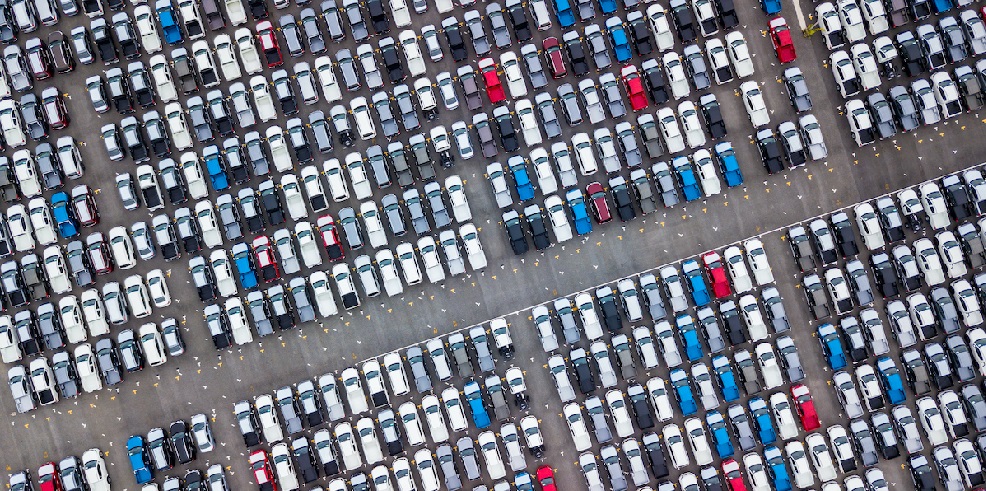One in four (25%) electric vehicles (EVs) sold in Europe in 2024 will be manufactured in China, according to a new analysis by the European Federation for Transport and Environment (T&E).
The organisation explains that nearly one-fifth (19.5%) of EVs sold in Europe last year came from the Asian country, and this figure is on track to reach 25% this year.
This forecast comes as the European Union is considering imposing import tariffs to counteract subsidies to China’s electric vehicle industry.
According to T&E, increasing the production of electric cars for the global market and investing in the European battery supply chain is the only way for EU car manufacturers to compete with Chinese brands.
However, tariffs would also help localise electric vehicle manufacturing.
While Chinese imports to Europe have mostly been Tesla, Dacia, and BMW vehicles produced on the continent, T&E projects that Chinese brands could reach 11 per cent of the European electric vehicle market in 2024 and 20 per cent in 2027.
The conservative projection assumes a linear growth in the market share of Chinese Original Equipment Manufacturers (OEMs) over the last two years, although BYD aims to capture only five per cent of the European electric car market by 2025.
Furthermore, increasing the EU tariff on all vehicle imports from China to 25 per cent would make medium-sized sedans and SUVs more expensive than their European counterparts.
T&E also expects compact SUVs and larger cars imported from China to remain slightly cheaper with such a tariff.
However, T&E points out that the EU should not try to protect its car manufacturers from more significant competition, as this would limit the supply of affordable electric cars for Europeans.
“It is crucial that a higher tariff is accompanied by regulatory momentum to increase electric vehicle production, including electrification targets for company vehicle fleets by 2030, in addition to the agreed goal of 100 per cent clean cars by 2035,” explains the organisation.
Investments in Lithium-Ion Batteries at risk
The organisation also details that investments in lithium-ion batteries are at risk, as cells manufactured in China are at least 20 per cent cheaper than in Europe, and Chinese battery manufacturers are at the forefront of technology and supply chains.
The United States, on the other hand, is also attracting battery investments through generous subsidies. T&E indicates that industrial-level measures, such as subsidies for clean and circular manufacturing and “Made in EU” targets, are needed to create an incentive for local cell production.
Therefore, given that none of these measures are currently in place, T&E points out that tariffs for battery cells should be considered.
Compared to the United States and China, the EU currently has the lowest tariffs for battery cells.
“The tariffs will force car manufacturers to localise electric vehicle production in Europe, and that’s good because we want these jobs and skills. But tariffs will not protect traditional car manufacturers for long. Chinese companies will build factories in Europe, and when that happens, our automotive industry must be prepared,” states Julia Poliscanova, T&E’s Senior Director of Vehicle Supply Chains and Electric Mobility.







